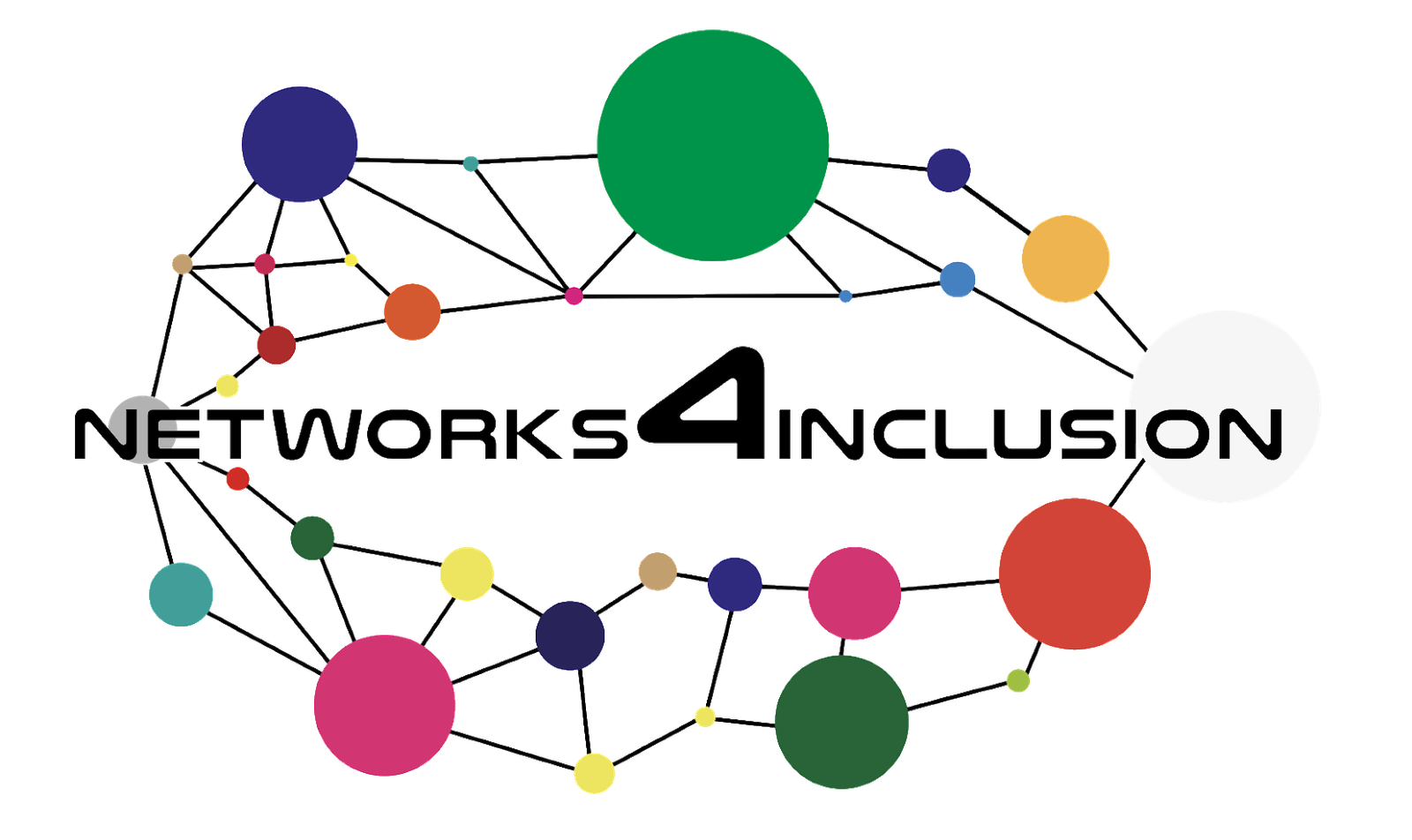
Welcome to the NETworks4Inclusion eLearning Portal
Welcome To The NETworks4inclusion MOOC
Local Networks for Social Innovation
The NETworks4Inclusion project aims to equip adult educators at a local level with the skills to foster a novel collaborative approach between public and private entities. The goal is to facilitate consensus on objectives and strategies among various local stakeholders while optimising community resources. This works to promote the active involvement of individuals from socially vulnerable groups and the organisations dedicated to supporting them.
This guide for social intervention can support you to get to know the social reality in France, Italy, Portugal, Germany, Ireland, the Netherlands and Spain. This guide can act as a "go-to-guide" (consultation material) for professionals working with communities at risk of social exclusion and with economic difficulties.
This training course and handbook for adult educators focus on how to promote social intervention within communities at risk of poverty and social exclusion. Throughout the training course and handbook, professionals will explore 3 foundational pillars of the EUROPE2020 Strategy: Smart Growth, Social Innovation, and Social Inclusion.
The NETworks4Inclusion Best Practices Toolkit offers guidance and strategic solutions on implementation strategies for priority intervention with families in vulnerable situations, seniors and their informal caregivers in vulnerable situations, refugees and migrants, homeless people, etc. The toolkit provides a clear understanding of the intervention, based on the following principles: 1) The principle of subsidiarity, 2) the principle of integration, the principle of articulation, the principle of participation, the principle of innovation.

Funded by the European Union. Views and opinions expressed are however those of the author(s) only and do not necessarily reflect those of the European Union or the European Education and Culture Executive Agency (EACEA). Neither the European Union nor EACEA can be held responsible for them. Project number is: 2022-1-FROI-KA220-ADU-


